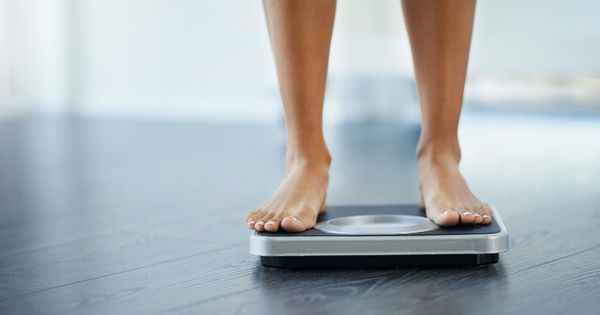Posted on 01/25/2021
2 min read
If the pandemic has greatly changed our lifestyles, it also has consequences on our health. Weight gain, movement, sleep … A global study carried out by the Withings application reveals the impact of containment measures concerning these different aspects.
Like every end of the year, the connected health application Withings has gathered data from more than 5 million users around the world in order to determine the consequences that the health crisis and the measures taken to curb it have had on our weight and our sleep.
During the first lockdown in the spring of 2020, weight gain was a central concern for many of us, especially because of the decrease in activity induced by teleworking and the comfort food associated with this period. However, the French are more likely to have gained weight during the end of year celebrations (two kilos on average between Christmas and New Year’s Day) than when they were assigned to home, reveals the study.
But repeated confinements have of course also had consequences on the weight of users. Compared to 2019, the percentage of people who managed to stabilize their weight in 2020 has decreased in most countries: -5% in Finland, -2% in Germany, -7% in China and -9% in France. The Italians are exceptions: they are indeed the only ones to have managed to stabilize their weight over the same period (2% more than in 2019).
Minutes of sleep saved thanks to teleworking
Overall, the year 2020 and its various confinements have led to an increase in sleep time around the world with, on average, a gain of 10 minutes per night. The Hungarians have the highest score with 27 extra minutes per night. The Chinese, for their part, have only slept 3 minutes more while the French are right in the middle, with a reduction of about 10 minutes.
Figures which are probably explained by the massive and unprecedented recourse to teleworking, allowing more flexible times of getting up and going to bed. More surprisingly, the number of people who experienced good quality nights increased by around 5% between 2019 and 2020, despite the difficult context of the health crisis.
Despite clear differences, all countries saw the number of footsteps of their inhabitants drop on a daily basis in 2020 (-10% on average). Naturally, travel differs from one country to another, depending on the degree of severity of the containment measures implemented by governments.
The Chinese, for example, walked on average 20% less compared to 2019. This reduction is much greater in the Scandinavian countries, where travel restrictions aimed at curbing the epidemic were less drastic (-3 % for Swedes and Norwegians, -2% for Danes). France is in the upper bracket, with 14% less steps in 2020, compared to the previous year.
.
dts7
